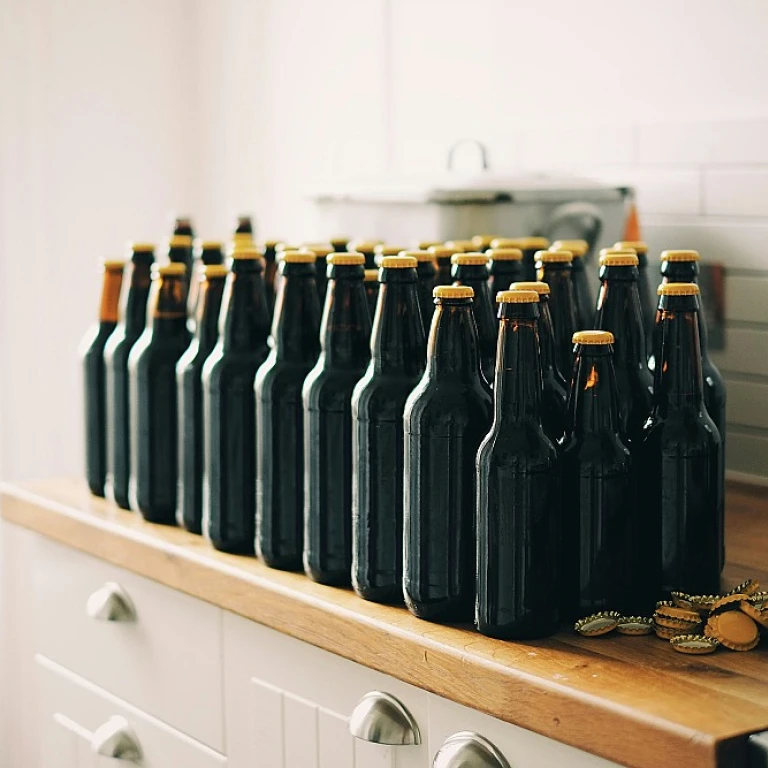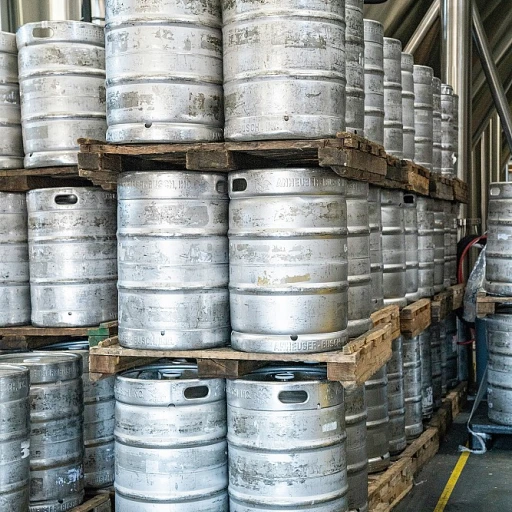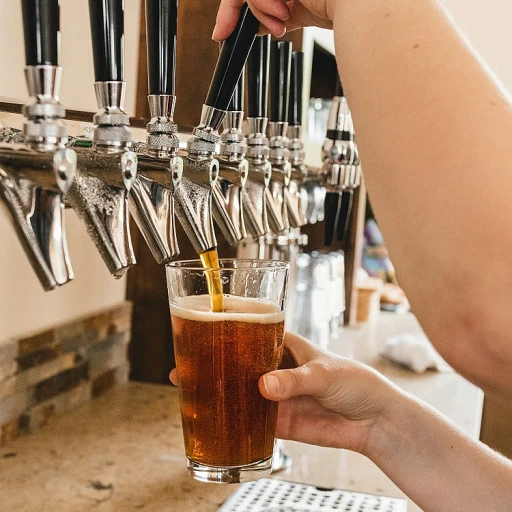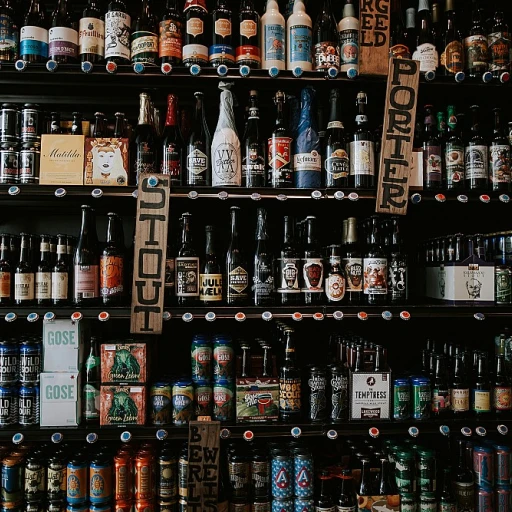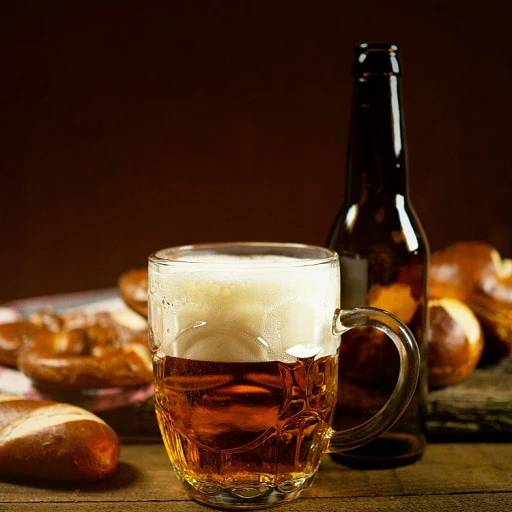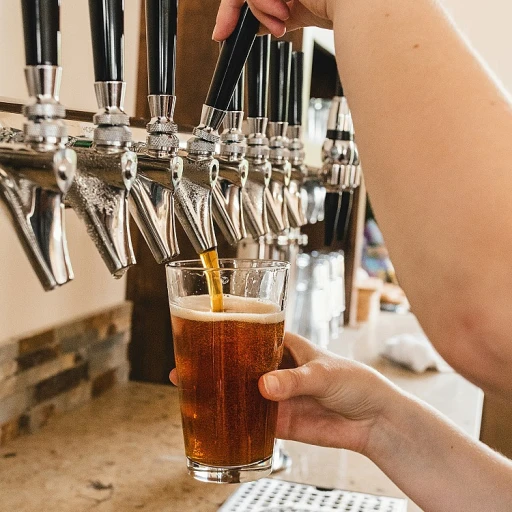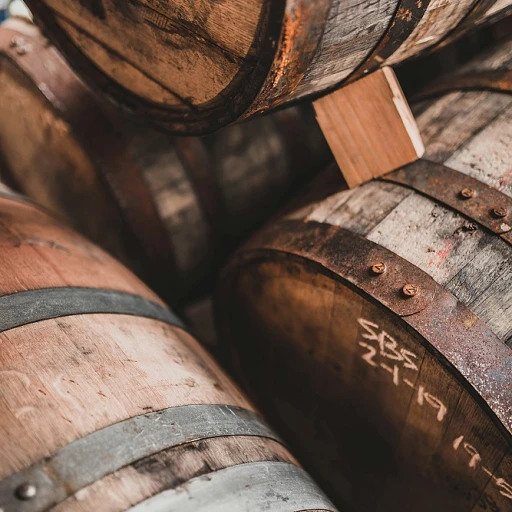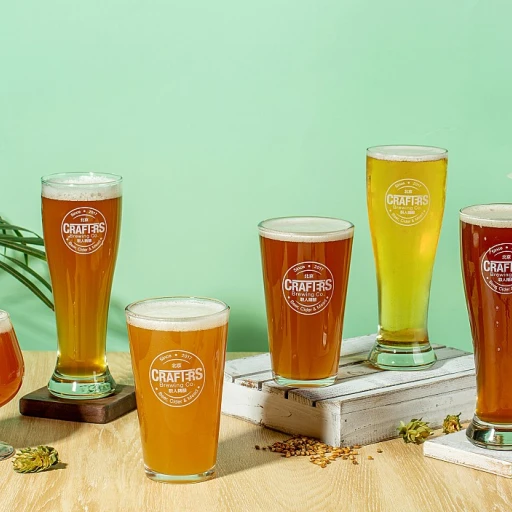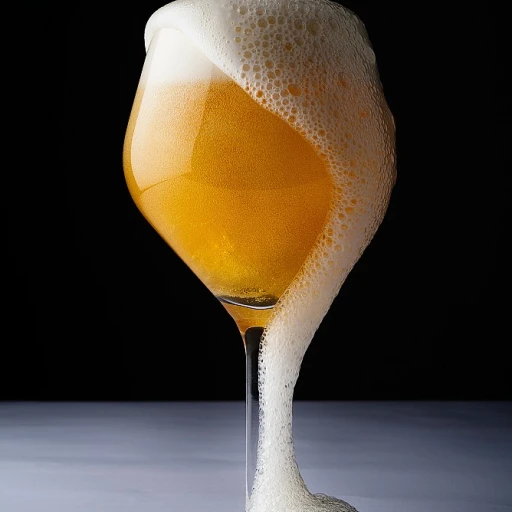
Understanding how long a keg lasts
What determines how long your keg stays fresh?
When you bring home a keg, one of the first questions is how long the beer inside will remain enjoyable. The answer depends on several factors, but the main point is that a keg doesn’t last forever. Beer is a perishable product, and its freshness can be influenced by how it’s stored, the type of beer, and how it’s dispensed.
- Pasteurized vs. unpasteurized beer: Most commercial beers are pasteurized, which helps them last longer. Unpasteurized craft beers, on the other hand, have a shorter shelf life.
- Storage conditions: Temperature and exposure to oxygen play a big role in how quickly a keg loses its freshness. These aspects will be explored further in the next section.
- Beer style and fill date: Some styles, like hoppy IPAs, are best enjoyed fresh, while others, such as stouts, can last a bit longer. The fill date is also crucial—always check it before tapping.
Generally, a well-stored keg of pasteurized beer can stay fresh for up to three months, while unpasteurized options may only last a few weeks. However, these are just guidelines. For a deeper dive into how beer freshness is affected by chemical changes, you might find this article on the role of diacetyl in beer helpful.
In the following sections, you’ll learn more about how storage temperature, oxygen, and tapping methods can further impact the lifespan of your keg.
The impact of storage temperature and oxygen on keg beer
Why temperature control matters
Keeping your keg at the right temperature is crucial for maintaining beer freshness. Ideally, kegs should be stored between 34°F and 38°F (1°C to 3°C). If the temperature rises above this range, the beer can spoil faster, develop off-flavors, or become overly foamy when poured. On the other hand, storing your keg too cold can cause the beer to lose some of its intended flavor profile.
The role of oxygen exposure
Oxygen is one of beer’s biggest enemies. When a keg is tapped and exposed to air, oxidation begins, which can quickly degrade the taste and aroma. This is why using a CO2 system is preferred, as it keeps oxygen out and helps preserve the beer’s quality for a longer period. If air is used to dispense the beer, the shelf life drops significantly—sometimes to just a day or two.
Storage tips for optimal freshness
- Store kegs upright to minimize contact with the beer and the keg’s internal surfaces.
- Avoid frequent temperature changes, as they can accelerate staling.
- Keep your keg in a cool, dark place to protect it from light and heat, both of which can negatively affect flavor.
For those interested in the science behind beer storage and how fermentation impacts freshness, you might enjoy reading about the art of fermentation tanks and their role in the brewing process.
How tapping methods affect how long your keg will last
Why your tapping method matters
The way you tap your keg plays a big role in how long your beer stays fresh. Different tapping systems introduce varying amounts of oxygen and can impact the overall shelf life of your kegged beer. Here’s what you need to know:
- Party pumps: These manual pumps are common at gatherings. They use air to push beer out, which means oxygen enters the keg. Once tapped this way, you should finish the keg within 8-12 hours, as oxygen quickly affects flavor and carbonation.
- CO2 systems: Most bars and home kegerators use CO2 to dispense beer. This method keeps oxygen out, preserving freshness and carbonation. With proper storage, your keg can last several weeks after tapping.
- Mixed gas systems: Some setups use a blend of CO2 and nitrogen, especially for stouts and certain ales. These systems also limit oxygen exposure and help maintain quality for an extended period.
Choosing the right tapping equipment not only affects how long your keg lasts but also the taste experience. If you’re considering upgrading or expanding your setup, you might find it helpful to read about the benefits of pre-owned brewing equipment for both home and commercial use.
Remember, the tapping method is just one factor. Storage temperature and oxygen exposure also play a part, as discussed earlier in this guide.
Beer style, fill date, and shelf life
Why beer style matters for keg longevity
The type of beer in your keg plays a big role in how long it stays fresh. Lighter beers like lagers and pilsners are more sensitive to time and storage conditions. They tend to lose their crispness and flavor faster than darker, stronger beers such as stouts or barleywines. These robust styles often have higher alcohol content and more complex flavors, which help them maintain quality for a longer period.
Understanding the importance of fill date
The fill date is essentially the "born on" date for your keg. The closer you are to this date when you tap the keg, the fresher your beer will taste. Over time, even under ideal storage, flavors can fade and off-notes may develop. Always check the fill date before purchasing or tapping a keg to ensure you’re getting the freshest possible beer experience.
Shelf life expectations for different beers
- Pasteurized beers: These can last up to 3-4 months if stored cold and unopened.
- Unpasteurized beers: Typically found in craft breweries, these are best enjoyed within 6-8 weeks.
- High-alcohol or sour beers: These styles may last even longer due to their unique properties.
Remember, once a keg is tapped, the clock starts ticking faster, regardless of style. Pairing your knowledge of beer style and fill date with proper storage and tapping methods will help you enjoy every pint at its best.
Tips for keeping your keg fresh and tasty
Practical steps to maintain your keg’s freshness
- Keep it cold: Store your keg at a consistent temperature, ideally between 34°F and 38°F (1°C and 3°C). Fluctuating temperatures can speed up spoilage and affect taste.
- Limit oxygen exposure: Oxygen is a major enemy of fresh beer. Make sure your keg system is properly sealed and use CO2 to dispense, not air, to prevent oxidation.
- Clean your lines: Regularly clean your tap lines and connectors. Residue and bacteria can quickly spoil your beer and alter its intended flavor.
- Finish within the recommended time: Once tapped, try to consume your keg within the suggested window for your beer style. Lighter beers may lose their freshness faster than stronger or hoppier styles.
- Check the fill date: Always note when your keg was filled. The fresher the fill, the longer your beer will taste its best.
- Minimize movement: Avoid shaking or moving the keg after it’s settled. Agitation can disturb sediment and introduce unwanted flavors.
By following these simple tips, you’ll get the most out of your keg and enjoy every pour just as the brewer intended.

